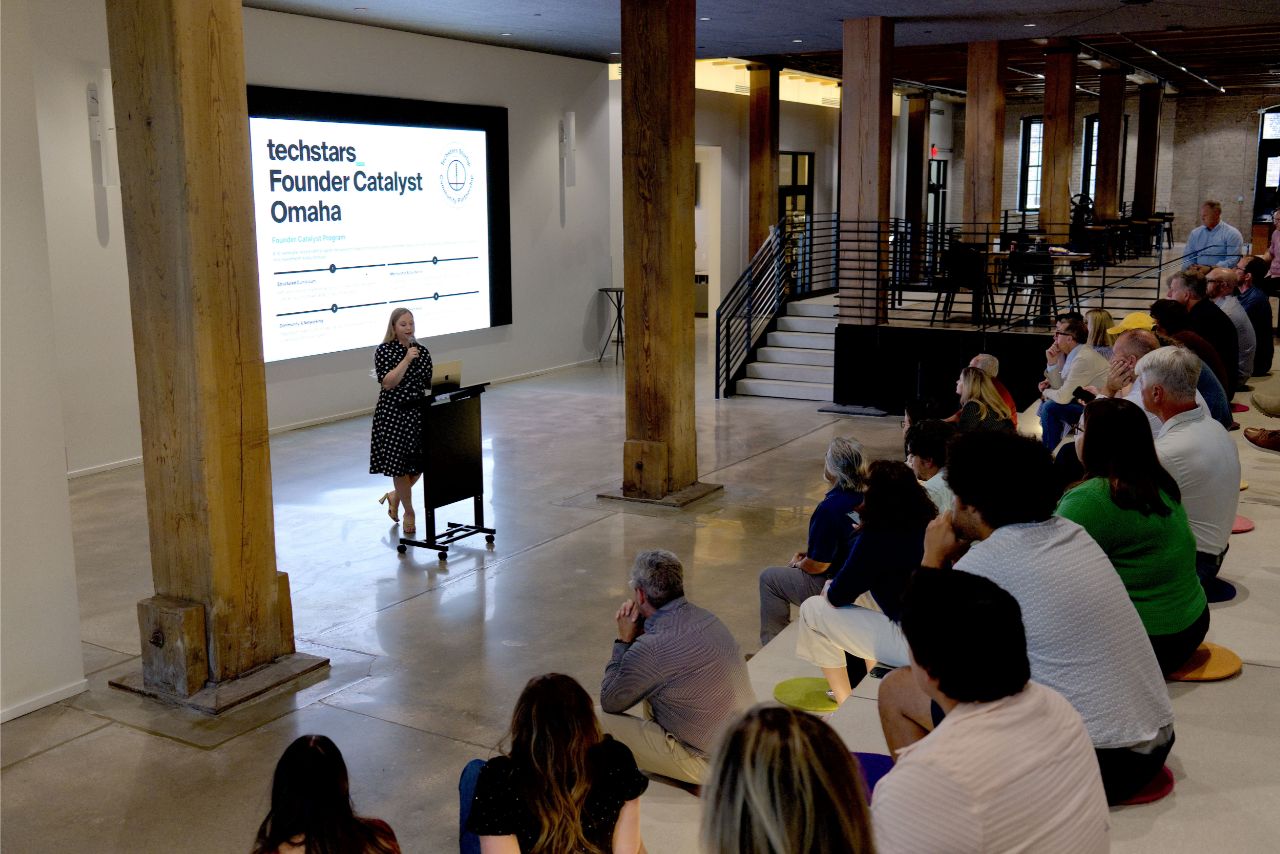 Editor’s note: The following article is a part of disRUPT, a special series on Silicon Prairie News. This series is a partnership between The Reader, Scott Technology Center and us, Silicon Prairie News. To learn more, see our post: Special Series: disRUPT II.
Editor’s note: The following article is a part of disRUPT, a special series on Silicon Prairie News. This series is a partnership between The Reader, Scott Technology Center and us, Silicon Prairie News. To learn more, see our post: Special Series: disRUPT II.
(Left: Cover of disRUPT featuring Sam Bhatia, PhD. Photo by Marlon Wright.)
If you underwent triple bypass heart surgery, you wouldn’t want your doctor’s hands to cramp, or lose his grip of an instrument.
During an average surgery lasting two to four hours, surgeons not only suffer the consequences of standing in one place for an extended time, but also the occasional slippery scalpel handle.
Guru Instruments was created to solve this problem through ergonomic medical devices. Company founder Dr. Sam Bhatia said the idea for ergonomic instruments was a no-brainer.
Born in Omaha, Bhatia studied medicine at the Dayanand Medical College and Hospital in India. Returning in 2004, he started practicing general medicine, spending long hours in hospitals and medical labs at Creighton University.
 However, Bhatia said the concept of Guru Instruments came to him on the road.
However, Bhatia said the concept of Guru Instruments came to him on the road.
“I was riding a motorcycle cross-country and thought about the way I gripped the handlebars,” Bhatia says. “After awhile, you start to become fatigued. So I thought there’s got to be a better way.”
Bhatia’s patent-pending idea is the first on the market and has, so far, resulted in six instruments becoming commercially available. These include forceps grips, scalpel grips, forceps with a ruler and a stainless steel headrest used for performing autopsies.
Two products by Guru Instruments. Images from guruinstruments.com.
The grips have been the most successful of the instruments, with thousands sold. They utilize microgrooves on each handle that work as small pores, preventing liquid from collecting on the handle and subsequently preventing it from slipping. The grips are also disposable, cutting costs by eliminating the sterilization process.
Bhatia is particularly excited about the headrest’s potential. By securing a cadaver’s head during an autopsy, the headrest allows a physician to accurately saw open the head and remove the 2-to-4-pound jello-like brain. This creates less strain for the physician and helps keep the specimen intact for evaluation, leading to higher autopsy accuracy.
“I think hospitals and labs will see the benefit,” Bhatia says. “They’re comfortable and they can save the institution money related to accidents caused by fatigue.”
Guru Instruments’ products are only available from Bhatia and through Mopec, a worldwide retailer/wholesaler specializing in medical and lab supplies.
While the grips are Batia’s best sellers, he says the forceps are also catching on, with hundreds sold.
The headrests are also selling, but at a slower rate, with fewer than 100 purchased since they became commercially available last year.
To read more articles from the disRUPT series, visit siliconprairienews.com/tags/disrupt.




